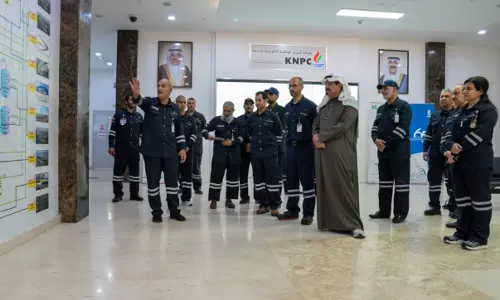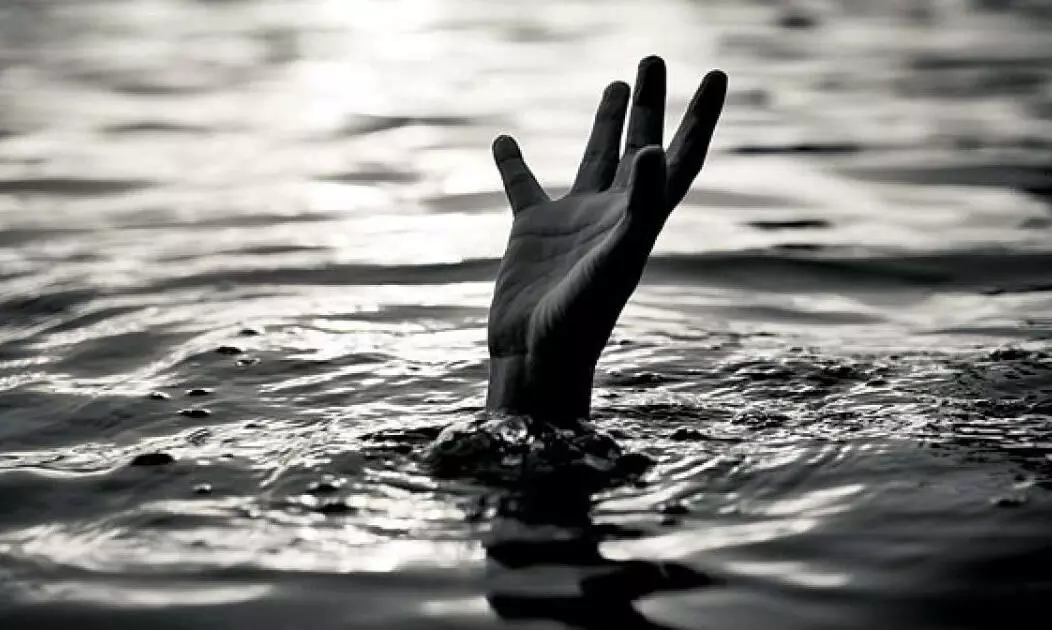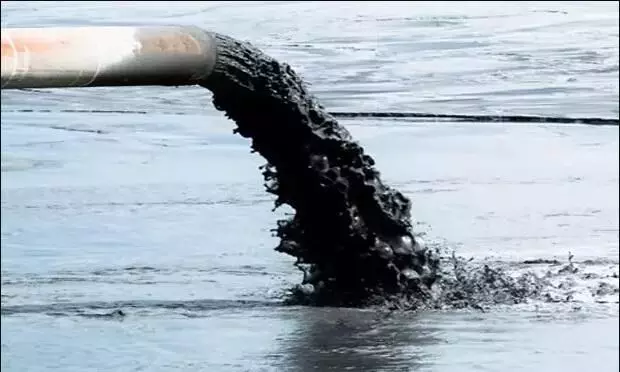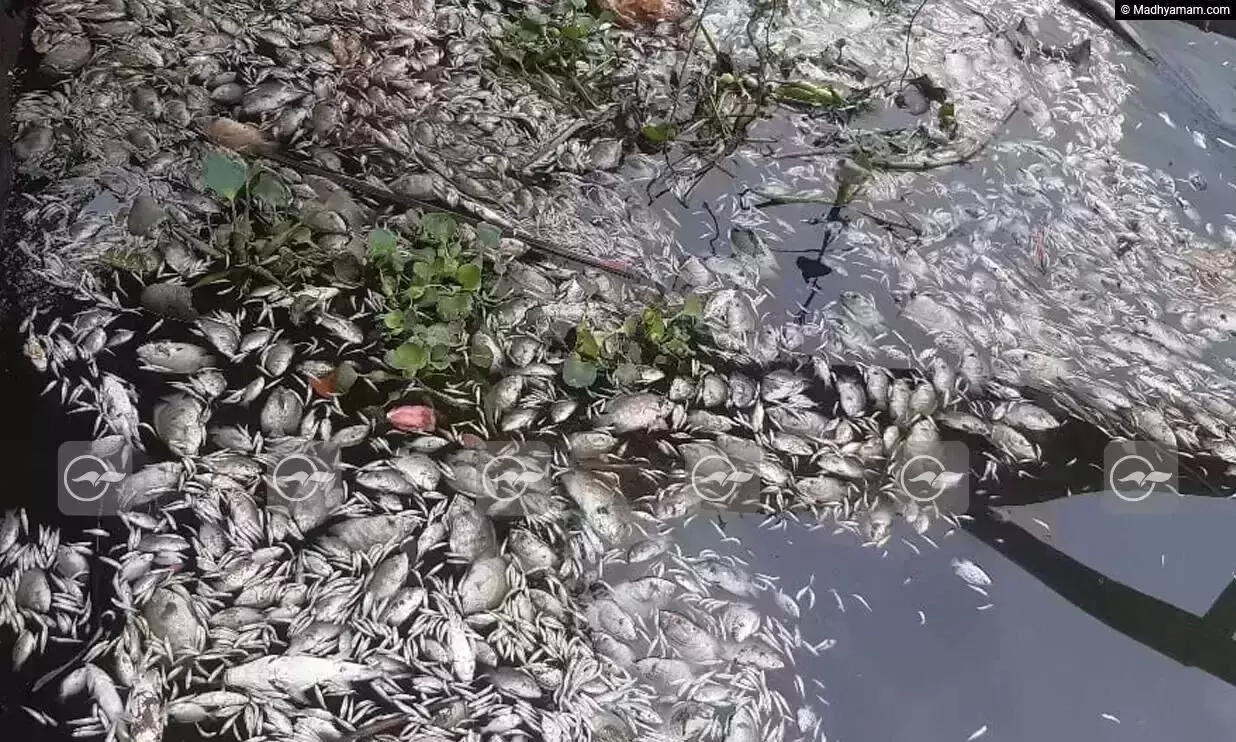
Life-taking water bodies
text_fieldsMore than one and a half lakh people are killed in road accidents in our country every year. However, voluntary organizations like SaveLIFE Foundation, working in this area, estimate it at around 2,50,000. India is the country with the highest number of accidental deaths in the world, with at least 19 people killed every hour. Does it worry us so much that more people die on the side of the road than in major wars? Are civil society and governments willing to properly embrace this horrifying reality? Not enough, to be sure, as the increase in accidental deaths in crime statistics, updated every year, tells us. Kerala is also not a safe place when it comes to accidents. This small state is one of the three states with the highest number of accident deaths in the country. Every year, more than 4,000 people lose their lives on the roads here - 11 per day. The fact that not only roads but also water bodies are turning into dangerous places where death is swirling should shock us and make us rethink. In the last six and a half years, more than twelve thousand people have drowned to death in this state. Apart from road accidents, beautiful water bodies take the most lives. The number of children and young people dying there is increasing every year, and it is very frightening for us. Hazards in water bodies are an issue that needs urgent attention and seriousness by the government and civil society.
The water bodies-rich state is a big zero in terms of water literacy, as the daily occurrences of drowning prove. We talk a lot about water security, but we lag behind in providing proper education about it. The commissions investigating the boating accidents in Thekkady and Tanur have suggested that water safety training should be given to children, including swimming. But, it is not known if it's because Kerala's population is a socially demented society that they tend to dissolve very quickly, like lines drawn in water, ending with no further action. In the state, water-related deaths are particularly recurring during the rainy season. The call for curricular and extracurricular activities in schools to include swimming and first aid techniques in the event of a fall into water bodies is decades old. They must be taught the characteristics of the different water bodies in Kerala and what to be careful about while entering them, and also have expert advice. They have laid out practical figures that suggest that temple pools and mosque pools can be kept clean and used as swimming training grounds for new generations. But what to do. The experience is that there are many ideas but no effective action.
Leaving aside the 22 per cent suicide rate, it can be seen that the main cause of drowning deaths is a lack of caution and of knowledge about water bodies. Many people jump into the water in unfamiliar places without realizing that water bodies are another vast universe consisting of small drops, eddies, undercurrents, algae and aquatic life under the rocks in the water. No one even cares to keep at least a tyre tube or rope handy for safety. Add to it the element of intoxication, the risk of accidents increase tenfold. The fact that most drownings occur during excursions and visits to family homes alone is indicative of a lack of vigilance. One of the main lessons in water literacy should be that dirty rivers and germ-carrying ponds are havens for deadly viruses. It should be taken seriously why the cases of death due to amoebic meningitis are recurring in the state. The dumping of toxic wastes in aquatic environments should be strictly prohibited. If we lose the awareness that cleanliness of water bodies is a prerequisite for life safety, then more alarming news awaits us. If a state rich in so many rivers and streams, with so many paddies that fill up during the monsoons, and with long coastlines and backwaters, fails to become water literate, it is e destined to be a failed people.


























